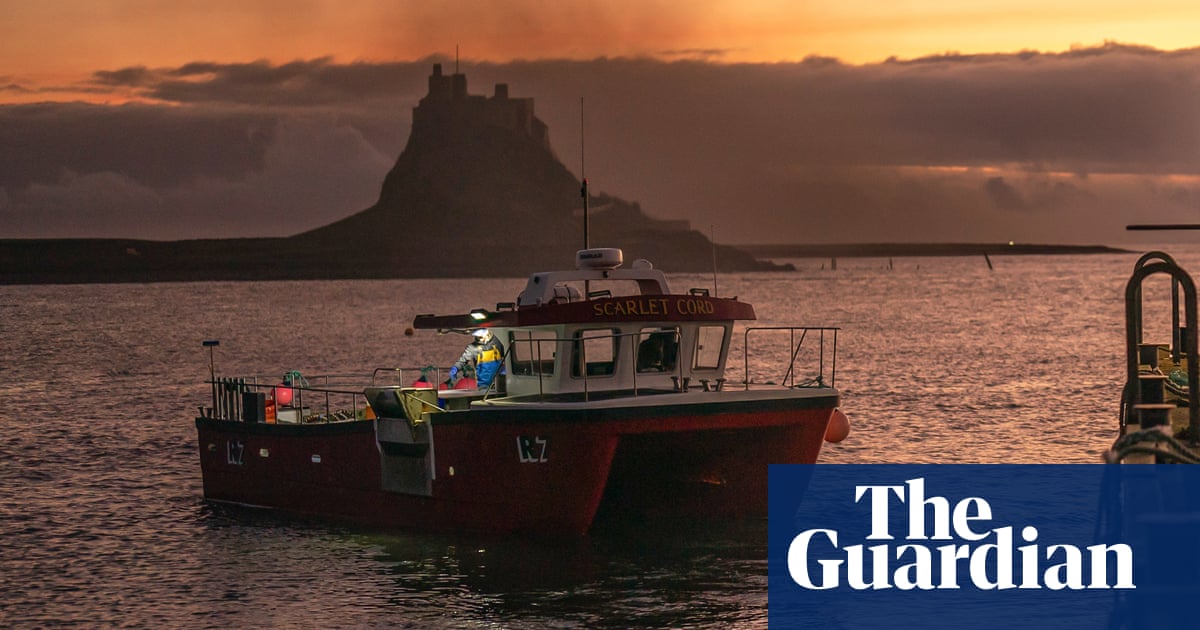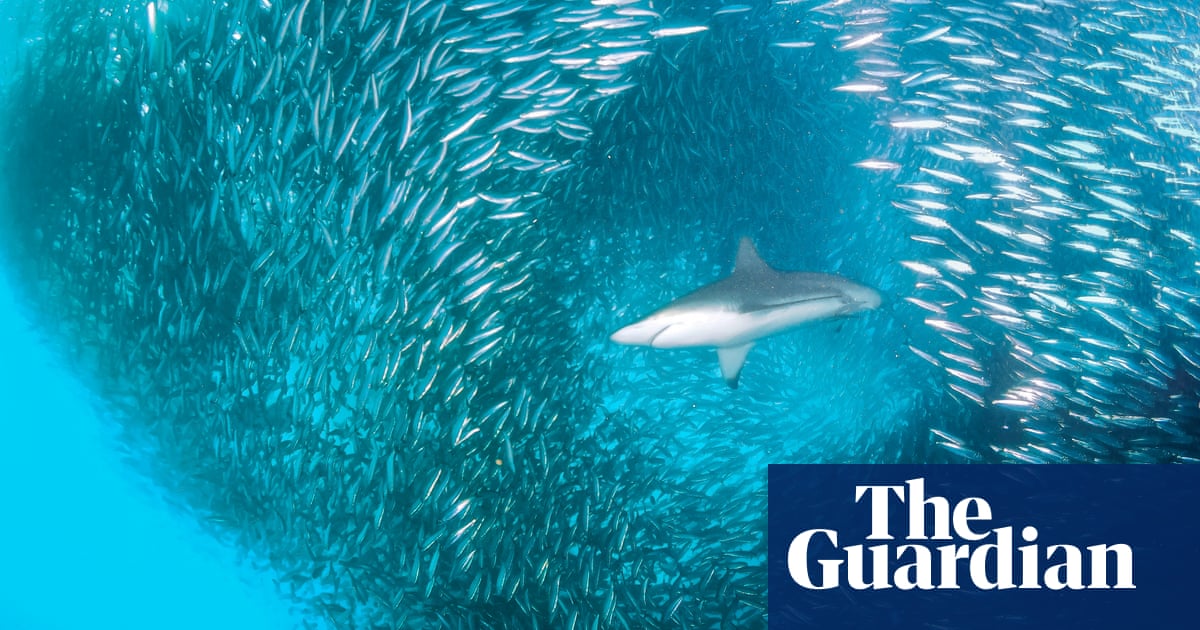
Europe’s marine protected areas (MPAs), set up to prevent biodiversity loss at sea, are failing to protect the oceans according to an excoriating report from auditors.
Examining actions to protect marine life over the past decade, the European court of auditors raised a “red flag” warning the EU had failed to halt marine biodiversity loss in Europe’s waters and restore fishing to sustainable levels.
Its report concluded there had been “no meaningful signs of progress” in the Mediterranean, the most overfished sea in the world, where the report said fishing is now at twice the sustainable level.
The news follows Guardian Seascape revelations on the so-called “paper parks” that marine conservationists say allow bottom trawling and other activities harmful to vulnerable marine habitats.
The report’s findings echoed a recent assessment by the European Environment Agency (EEA), which found fewer than 1% of European MPAs were fully protected by fishing bans, and urged better management of protected areas.
The auditors, who visited Italy, Spain, Portugal and France, found these states had used only 6% of a €6bn (£5.42bn) European Maritime and Fisheries Fund aimed at supporting environmental protection.
“Due to their economic, social and environmental importance, seas are a real treasure. However, EU action has so far been unable to restore European seas to good environmental status, nor fishing to sustainable levels”, said João Figueiredo, the member of the European court of auditors responsible for the report.
“Our audit clearly raises the red flag over the EU’s sea protection,” he said.
The EU marine protection framework established an “emblematic” network of more than 3,000 MPAs, which cast a “wide protective net” around Europe’s seas, the auditors said. But they stressed that the network “does not run deep”, and was insufficient to restrict overfishing.
To be effective, MPAs would need to sufficiently cover the EU’s most vulnerable marine species and their habitats, include fishing restrictions where needed and be well managed.
“This is far from being the case,” the report said.
The report documented a “decade of failure by key fishing nations to address the Mediterranean crisis”, said Domitilla Senni of MedReAct. While the commission was committed to restoring seas to good environmental status and reducing overfishing, she said, the problem lay with individual member states.
“The findings of the independent report are painfully clear: in the Mediterranean, there were no meaningful signs of progress,” she said.
“While the dire state of the Mediterranean calls for urgent and bold recovery actions, certain member states continue to block progress on the establishment of key conservation measures, including fisheries restricted areas closed to bottom fishing.”
European MPAs were mostly small, “and the majority still allow fishing”, Senni said.
The report also found that EU fisheries management lags behind scientific advice. It recommended renewed action towards the establishment of new fisheries restricted areas by 2023.
Last week 11 NGOs, including MedReAct and Oceana, wrote to the European commissioner for the environment, oceans and fisheries, Virginijus Sinkevičius, to urge him to press member states to create a properly protected network of fish habitats across the Mediterranean, to protect spawning grounds and marine ecosystems. They said that overfishing of hake, one of the most important species commercially, had reached levels 15 times above what is considered to be sustainable in one area, the Gulf of Lion, on the French coast.
Earlier this year, the EEA reported that loss of marine biodiversity in Europe’s seas had not been halted, with a high proportion of marine species and habitats assessments showing an unfavourable conservation status.
And last year a study found that 59% of the MPAs in Europe were actually trawled by commercial vessels at higher levels than unprotected areas.
“Much of the EU’s spatially impressive MPA network provides a false sense of security about positive conservation actions being taken,” it concluded.












